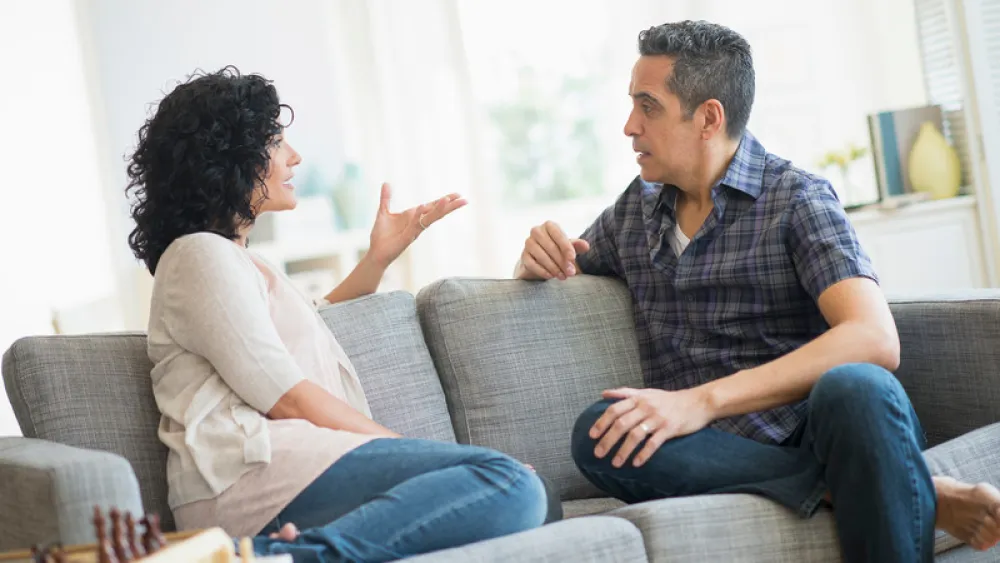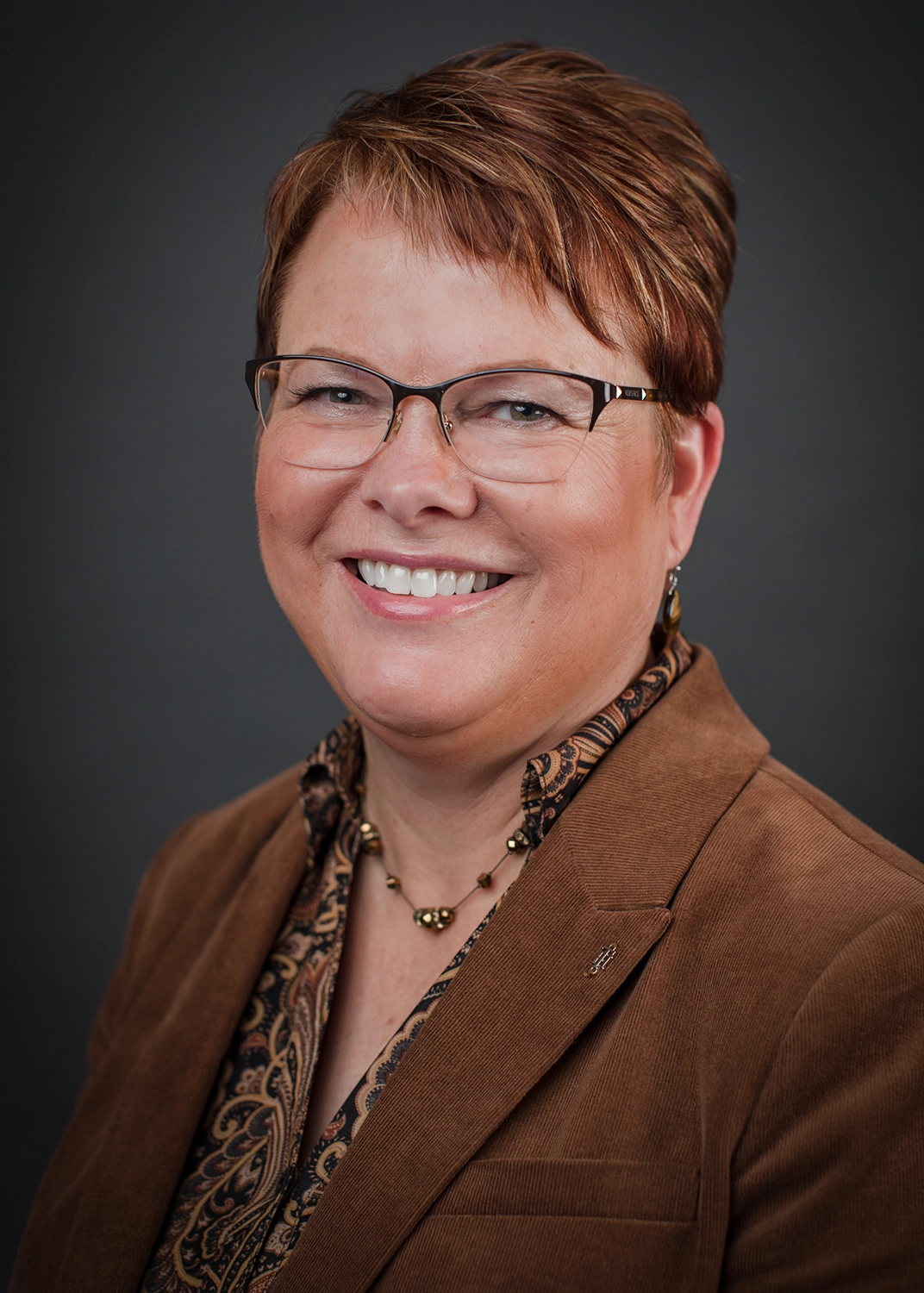Healthy Lifestyle
Does Your Relationship Need Counseling? 8 Communication Tips to Try First


You’ve heard it time and time again, and it’s true: Communication is the foundation of a healthy relationship.
Yet many couples seeking counseling say they need help communicating.
That’s normal. All couples – no matter how long they’ve been together – experience communication breakdowns and conflict. It’s how they respond in the moment that makes the difference between a stressed or productive relationship.
Diagnosing a communication breakdown
When it comes to communication, less is not more.
Unspoken expectations between partners can create frustration and resentment. And when couples don’t share their thoughts and feelings, each partner assumes they know what the other is feeling. Those assumptions are often negative or false.
The resulting stress is a breeding ground for conflict, and then communication becomes even more difficult.
Sound familiar?
Tips to improve communication
It’s not always easy, but you can learn to communicate better and manage conflicts. Try these approaches:
Relax. If you feel calm, you’re less likely to get defensive. One way to practice feeling calm is to breathe deeply. A simple relaxation strategy is to inhale to a count of four and exhale to a count of seven.
Listen to learn. Let your partner know they have been heard. You may not always agree, but relay that you are invested in understanding their point of view.
Focus on one topic at a time. If there is more than one topic to be resolved, reach an agreement on the first one before moving on.
 Speak slowly, softly and briefly. After you state two or three sentences, pause. Let your partner respond. Remember, you’re engaged in a dialogue with both partners voicing concerns and both partners listening.
Speak slowly, softly and briefly. After you state two or three sentences, pause. Let your partner respond. Remember, you’re engaged in a dialogue with both partners voicing concerns and both partners listening.
Focus on positivity and appreciation. Sometimes it’s difficult to like your partner when you’re in the heat of an argument. If you keep in mind that you chose to be with this person for a reason, you’re likely to communicate lovingly.
Have a sense of humor. Learning new skills is never easy. However, agreeing to experiment with new ways of interacting can be enjoyable if you poke fun at the process. Accepting that there will be bumps in the road creates a commitment to keep trying.
We, not I. If one person “wins” in an argument, the relationship usually loses. A successfully resolved conflict doesn’t have a winner and loser. Aim to share your feelings and thoughts as you work toward a solution that works for both of you.
Press pause. If the communication isn’t going well, take a break. Conflicts can’t be resolved when emotions are elevated. Come back to the discussion when you’re both calm.
When a counselor can help
Sometimes communication problems are the result of deeper issues, like an unresolved betrayal from years ago. Or it could be that one or both partners are experiencing anxiety or depression and don’t have the energy or concentration to communicate well.
If the tips outlined here don’t help, it may be time to seek help from a professional counselor. A counselor can:
- Act as an objective third party who facilitates the sharing of thoughts and feelings.
- Provide a safe place to explore differences and approach difficult topics.
- Help you discover patterns that aren’t working and guide you toward new ways of interacting.
Your relationship is worth it
Learning to communicate effectively is a long-term process. The reward, however, is worth the effort. You’ll find that enjoying and appreciating your relationship enhances your quality of life.
More Resources
- Learn more about the Best Care Employee Assistance Program
- Learn about how couples can overcome financial issues


